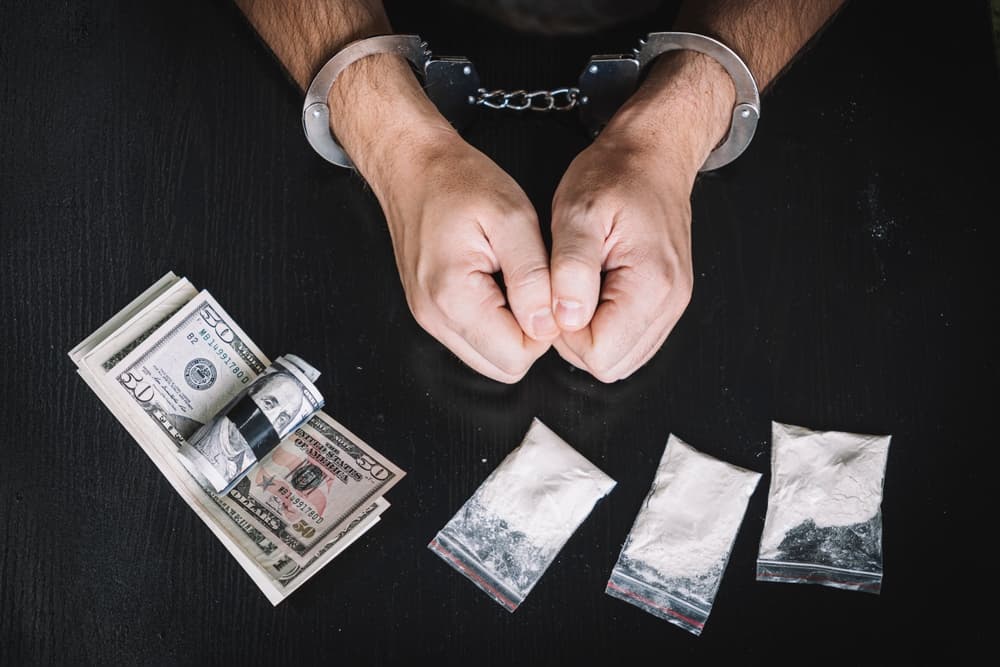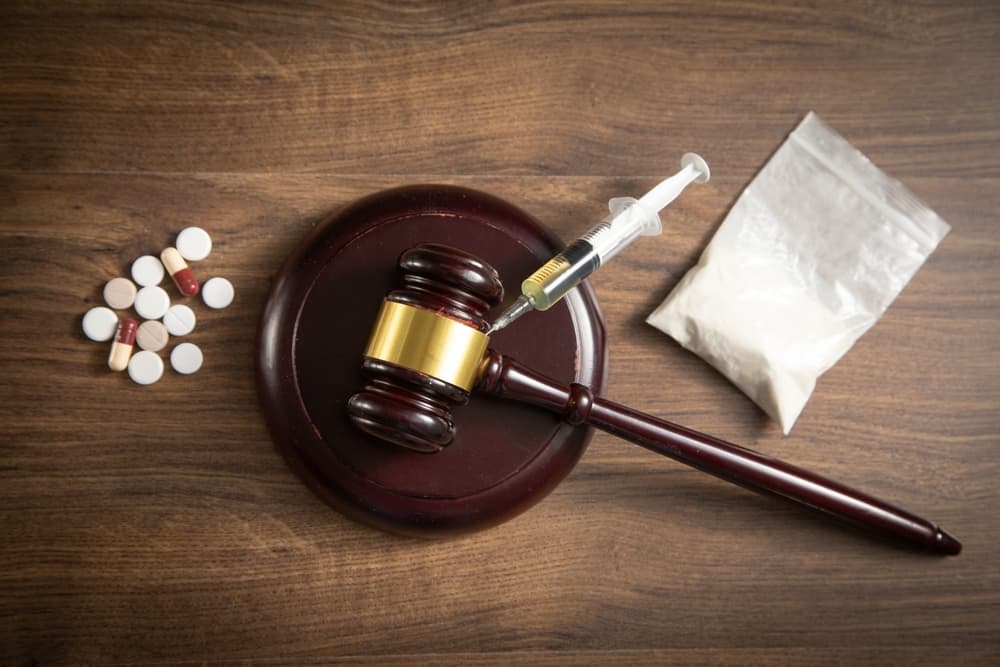In Texas, over 70,000 people are arrested each year for drug-related offenses, with many facing the harsh reality of the state's zero-tolerance stance on controlled substances.
A single conviction could lead to years of imprisonment, crippling fines, and a permanent mark on your record—potentially for something as minor as possessing a small amount of marijuana.
You couldn't face higher stakes, and the legal system is anything but forgiving. In this article, we will explore why having a drug possession lawyer by your side isn’t just a nice to have—it’s absolutely mandatory if you want to have a fighting chance against the law.
If you're facing drug charges in Texas, don’t leave your future to chance. Call the Law Offices of David M. White today at (325) 437-3311 for a free consultation and take the first step toward protecting your rights.
The Severity of Drug Charges in Texas

Texas is notorious for its unforgiving stance on drug-related crimes. For instance, possession of less than two ounces of marijuana might count as a Class B misdemeanor under the Texas Health and Safety Code, potentially resulting in up to 180 days in jail and a fine of up to $2,000.
However, the stakes increase for other substances—possession of just one gram of a controlled substance like cocaine or methamphetamine can escalate to a felony charge, carrying years of prison time.
The type and quantity of the drug significantly influence the charges. Texas law categorizes controlled substances into penalty groups, with Group 1 (which includes substances like heroin and cocaine) carrying the most severe penalties. The higher the penalty group and the larger the quantity, the harsher the sentencing.
Potential Consequences of a Drug Conviction

While jail time, fines, and probation are the most obvious consequences, the long-term effects of a drug conviction can also damage your life.
A criminal record often follows you for life, limiting your ability to secure employment, housing, or educational opportunities. It can also result in the suspension of your driver's license, compounding the challenges you’ll face every day.
For example, under Texas law, a conviction for possession of a controlled substance in Penalty Group 1—such as cocaine—can lead to a minimum of 180 days in state jail, even for small amounts.
If the quantity exceeds four grams, the penalties increase dramatically, potentially leading to decades in prison.
But the damage doesn’t stop there. Employers, landlords, and educational institutions often conduct background checks, and a drug conviction can close doors permanently.
Moreover, the stigma attached to a drug conviction may strain personal relationships and diminish your standing in the community. Even after serving your sentence or completing probation, the repercussions can persist, affecting everything from your career prospects to your ability to qualify for loans or professional licenses.
How a Defense Lawyer Can Help
If you've made it this far, hopefully you understand now that drug charges in Texas are no small matter. Given its harsh stance on drug possession and severe penalties, the authorities will aggressively pursue convictions against you for these cases.
Having an experienced legal team is the best way to stand a chance against the immense financial and legal resources the prosecution will throw at you.
Your defense team will:
- Analyze the evidence against you for potential weaknesses or constitutional violations
- Negotiate with prosecutors for reduced charges or alternative sentencing options
- Develop a strong defense strategy tailored to your specific case
- Ensure your case follows all the proper legal procedures and deadlines
- Represent you effectively in court if your case goes to trial
- Advise you on the potential consequences of different plea options
- Work to minimize the impact of charges on your personal and professional life
Common Defense Strategies for Drug Charges

A criminal defense lawyer might employ several strategies, depending on your case:
- Challenging the Legality of the Search and Seizure: Under the Fourth Amendment, the prosecution cannot use any evidence obtained through an illegal search or seizure against you in court. If your lawyer can prove that the Police obtained any evidence by violating your rights, the court may suppress (i.e., prevent the prosecution from using) the evidence in question, significantly weakening the prosecution's case.
- Disputing Possession: Simply being near drugs does not necessarily mean that you possessed them. Your lawyer can argue that you were unaware of the drugs or that they belonged to someone else. In Texas, the law requires the prosecution to prove that you had care, custody, control, or management of the substance, and if they can’t do this beyond a reasonable doubt, the charges might not stick.
- Negotiating for Reduced Charges or Alternative Sentencing: In some cases, your lawyer may be able to negotiate a plea deal that reduces the charges or secures an alternative sentence, such as participation in a drug diversion program instead of jail time. These programs can help you avoid the long-term consequences of a conviction while addressing any underlying issues, such as substance abuse.
- Exploring Constitutional Defenses: Aside from any evidence obtained illegally, your attorney may explore whether the authorities violated any of your constitutional rights at any other point, such as during your arrest or investigation. If so, this could lead to a dismissal of charges or other favorable outcomes.
Let’s Secure Your Future Together
Facing drug charges in Texas is an incredibly serious matter that demands immediate action. Every moment you delay seeking legal help diminishes your chances of a favorable outcome.
Don’t let a drug charge define the rest of your life. Call us today at (325) 437-3311 to discuss your case with an experienced criminal defense lawyer and begin building a strong defense. Your future is too important to leave to chance.
